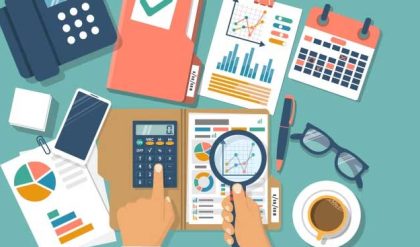Development economics is a branch of economics that focuses on improving fiscal, economic and social conditions in developing countries. Development economics considers factors such as health, education, working conditions, domestic and international policies, and market conditions. The field also examines both macroeconomic and microeconomic factors relating to the structure of developing economies, and domestic and international economic growth.
Development economics studies the transformation of poor countries into more prosperous nations. Strategies for transforming a developing economy tend to be unique because the social and political background of countries varies dramatically. Some prominent development economists include Jeffrey Sachs, Hernando de Soto Polar, and Nobel Laureates Simon Kuznets, Amartya Sen and Joseph Stiglitz. Students of economics and professional economists create theories and methods that guide practitioners in determining practices and policies that can be used and implemented at the domestic and international policy level.
Some aspects of development economics include determining to what extent rapid population growth helps or hinders development; the structural transformation of economies; the role of education and health care in development; international trade and globalization; sustainable development; and the effect of epidemics, like HIV and AIDS, and catastrophes on economic and human development.
Mercantilism
Mercantilism was a dominant economic theory practiced in Europe from the 16th to the 18th centuries. The theory promoted augmenting state power by lowering exposure to rival national powers. Like political absolutism and absolute monarchies, mercantilism promoted government regulation by prohibiting colonies from transacting with other nations. Mercantilism monopolized markets with staple ports, banned gold and silver exports, did not allow the use of foreign ships for trade, and optimized the use of domestic resources.
Economic Nationalism
Economic nationalism reflects policies that focus on domestic control of capital formation, the economy and labor using tariffs or other barriers, and restricting the movement of capital, goods and labor. To an extent, economic nationalists do not agree with the benefits of globalization and unlimited free trade. As such, economic nationalism might subscribe to import substitution and protectionism.
The Linear Stages of Growth Model
The linear stages of growth model was used to revitalize the European economy after the World War II. The model states that economic growth can only stem from industrialization. The model also agrees that local institutions and social attitudes can restrict growth if these factors influence people’s savings rates and investments. The linear stages of growth model portrays an appropriately designed addition of capital partnered with public intervention. This injection of capital and restrictions from the public sector leads to economic development and industrialization.
Other notable theories include the structural change theory, the international dependence theory and the neoclassical theory.






Comments are closed.